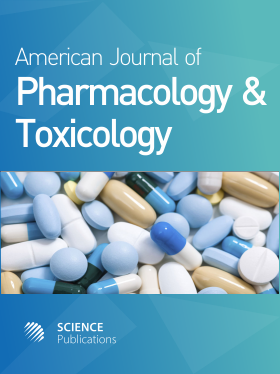Effect of Green Tea on Hepatic Cells Under the Influence of Inflammatory Conditions: In Vitro Study
- 1 University of Mississippi, United States
- 2 Al-Azhar University, Egypt
- 3 King Saud University, Saudi Arabia
Abstract
The concern about safety of consumption of Green Tea (GT) supplements has become a scope of many studies. We and others have described earlier the effect of the administration of GT and its polyphenols on liver in a mouse model. In this study we aimed to investigate the effect of GT on HepG2 cells. HepG2 cells were treated with different concentrations of GT with and without presensitization with Lipopolysaccharide (LPS). The viability of cells did not change at low and moderate concentrations of GT, while at very high concentration; GT caused the viability of the cells to decrease. A decrease in the viability of presensitized cells was observed after exposure to moderate and high doses of GT. Also, OX.LDL, CXCL16, TNF α, TGF β, RAR and RXR were found to be over-expressed in these cells, while this over-expression was not observed in the cells upon treatment with GT without LPS or upon treatment with LPS alone. These results indicate that GT even at high doses does not cause oxidative stress. However, under inflammatory stress conditions it may cause oxidative stress which in turn may lead to liver toxicity.
DOI: https://doi.org/10.3844/ajptsp.2013.209.217

- 3,959 Views
- 3,357 Downloads
- 10 Citations
Download
Keywords
- Green Tea
- Lipopolysaccharide
- Hepatotoxicity
- Inflammatory Conditions
